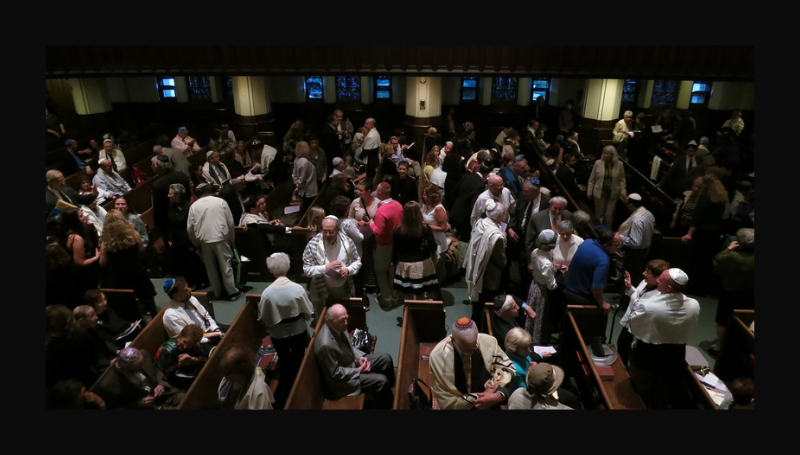Moshe Halbertal
Jewish Review of Books, Fall 2011
“The juxtaposition of law and narrative is a characteristic and important feature of the Talmud. After discussing the formal requirements for requesting forgiveness, the Talmud presents four brief stories of encounters in which rabbinic masters attempt to reconcile with those they have injured.”
Near the end of tractate Yoma, the Mishnah limits the scope of the Day of Atonement:
For sins between man and God, Yom Kippur atones. But for sins between a man and his fellow, Yom Kippur does not atone until he appeases his fellow.
In a sense, the injured party becomes the master of his injurer’s future, for only his pardon can make atonement possible. R. Elazar ben Azariah is quoted as having derived this principle from a biblical verse that describes the purifying force of the Temple service on Yom Kippur: “For on this day atonement shall be made for you to cleanse you of all your sins; you shall be cleansed before the Lord.” (Leviticus 16:30)
In its plain sense, the phrase “before the Lord” simply refers to a place, the Temple, where atonement occurs. It probably also indicates that it is God who grants this atonement. But R. Elazar ben Azariah treats “before the Lord” as a restrictive clause, understanding it to mean that only sins against God—those that are “before the Lord”—are atoned for by Yom Kippur. Atonement for transgressions committed against other people depends not on God but on reconciliation with the injured party.
The Talmud develops this requirement for human forgiveness into a full-fledged legal institution. First, the request for forgiveness must be public: “R. Chisda said that he must placate his fellow before three lines of three people.” This is, again, tied to the creative reading of a biblical verse, but the clear intent is to make the request for forgiveness a social fact. A single, casual encounter involving only the injurer and the injured will not suffice. The next talmudic statement ensures that, on the other hand, the injurer does not become a permanent hostage to the injured party: “R. Yosi bar Chanina said, ‘whoever seeks forgiveness from his friend should not seek it more than three times.’”
… [To read the full article, click here]
***


